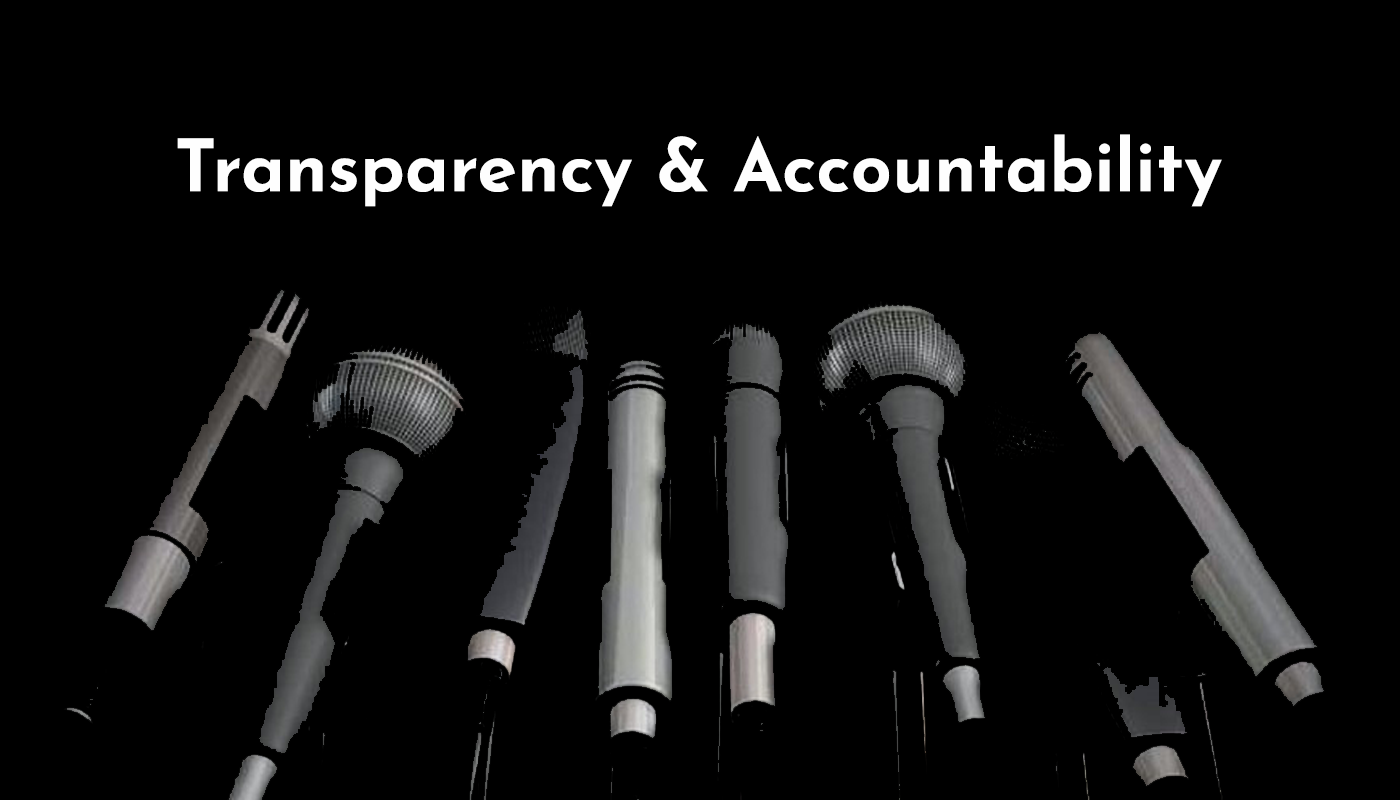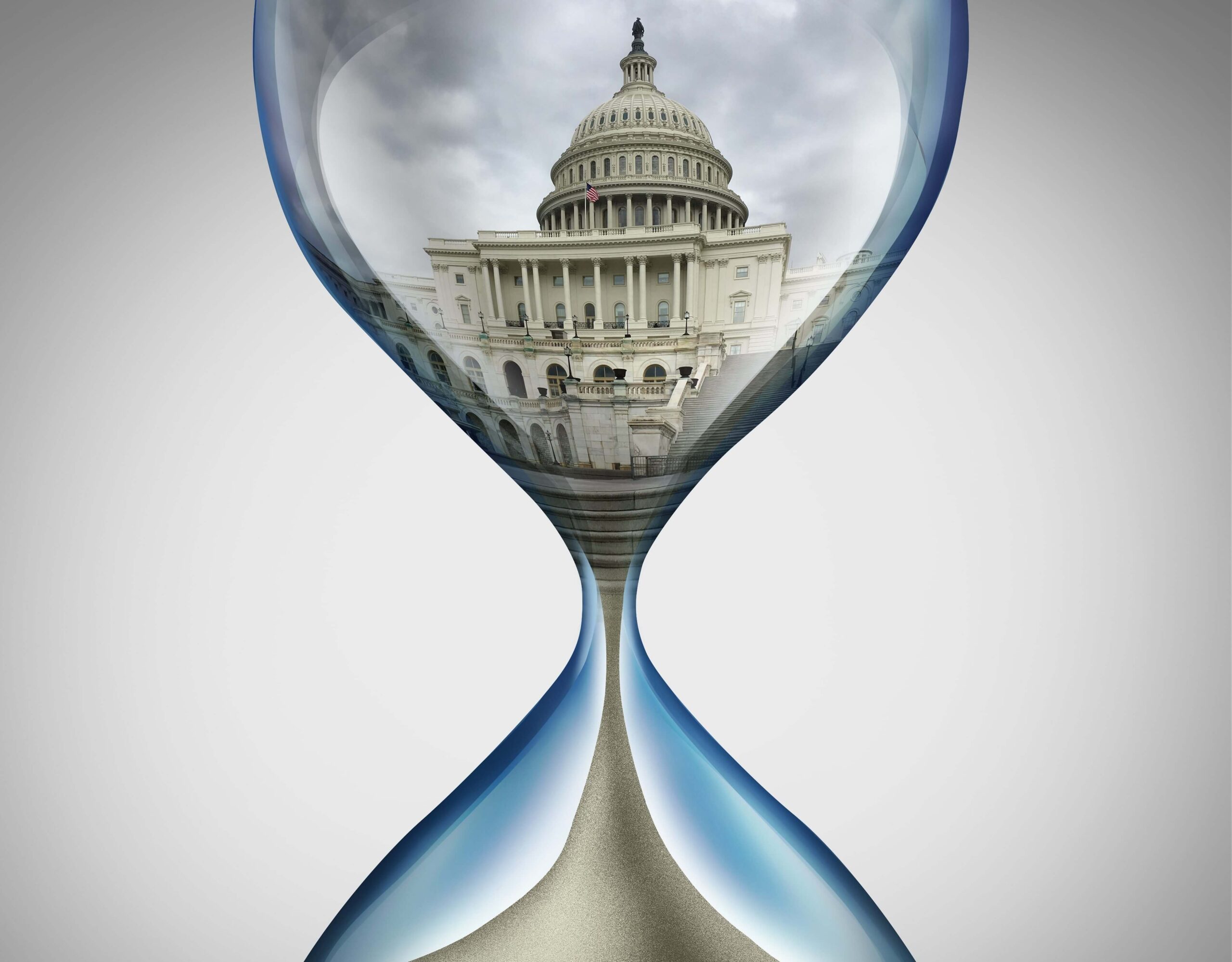A Comprehensive Look at the Impact of Political Dynasties on Democracy
Explore the influence of political dynasties on democratic representation and governance. Discover how these dynasties shape our political landscape.

Analyzing the Impact of Political Dynasties on Democratic Representation and Governance
In the realm of governance and politics, the influence of political dynasties has been a topic of perpetual debate and scrutiny. As we navigate the complex landscape of state and world politics, it is essential to examine the implications of political dynasties on democratic representation and governance. In this era of constantly evolving political news, where international and domestic events shape the trajectory of nations, understanding the role of political dynasties is more critical than ever. This blog will delve into the multifaceted impact of political dynasties, explore their prevalence in various countries, and analyze how they shape political campaigns and strategies, ultimately influencing democratic representation and governance.
Political Dynasties: An Overview
Political dynasties, by definition, refer to the concentration of political power within families over multiple generations. This phenomenon is not confined to any one country; it is a global issue affecting both established democracies and emerging nations. The United States, often at the forefront of US politics news, has its fair share of political dynasties, such as the Bushes and the Kennedys. However, this trend extends far beyond the U.S. borders, with examples like the Nehru-Gandhi family in India and the Kim dynasty in North Korea.
The Persistence of Political Dynasties
Despite calls for transparency, accountability, and a level playing field in politics, political dynasties persist in many democracies around the world. Several factors contribute to their longevity:
Name Recognition: Political dynasties often leverage the recognition and reputation of their family name to gain voter trust. In a world where political news is saturated with information, familiarity can be a powerful tool.
Access to Resources: Dynastic families typically have access to substantial financial resources, making it easier for them to fund political campaigns and maintain their grip on power.
Network and Connections: Dynasties are adept at building and leveraging extensive political networks and connections, which can help them secure endorsements, support, and campaign strategies.
Impact on Democratic Representation
Political dynasties can have a significant impact on democratic representation in several ways:
Limited Choice: The dominance of dynasties can limit the diversity of candidates and ideas available to voters, reducing genuine choices in elections.
Perpetuation of Elites: Dynasties tend to perpetuate the rule of political elites, potentially sidelining underrepresented or marginalized groups.
Erosion of Meritocracy: When family connections rather than merit determine political success, the principles of meritocracy may be undermined.
Governance and Policy Implications
The influence of political dynasties on governance is a complex issue:
Policy Continuity: Some argue that dynasties can provide policy continuity and stability, as family members often share similar ideologies and priorities.
Potential Stagnation: Conversely, dynasties may resist change, potentially hindering necessary reforms or adaptations to address evolving challenges.
Accountability Concerns: Accountability can be compromised when family members are reluctant to investigate or question each other's actions, potentially leading to corruption and abuse of power.
Political Campaign Strategies
Dynasties employ unique political campaign strategies to maintain their hold on power:
Branding: Dynasties use their family name as a brand, often emphasizing their legacy and the values associated with it.
Ground Game: They build extensive grassroots networks and engage in door-to-door campaigning to establish a personal connection with constituents.
Celebrity Endorsements: Dynasties often secure endorsements from popular figures to boost their campaign's appeal.
Strategies for Reforming the Influence of Political Dynasties
Given the potential adverse effects of political dynasties on democratic representation and governance, it is imperative to consider strategies for reform:
Campaign Finance Reform: Implementing stringent campaign finance regulations can level the playing field. This could include caps on campaign contributions and expenditures, as well as increased transparency to prevent dynasties from using their financial advantage to dominate elections.
Term Limits: Enforcing term limits for political offices can reduce the perpetuation of dynastic rule. When elected officials are restricted to a fixed number of terms, it opens up opportunities for new and diverse candidates.
Voter Education: Educating voters about the potential pitfalls of political dynasties and the importance of considering candidates' qualifications rather than their family names is crucial. An informed electorate can make more balanced choices.
Supporting Independent Candidates: Encouraging and supporting independent candidates who do not have ties to political dynasties can provide voters with alternative choices and promote a more competitive political landscape.
Strengthening Political Parties: Political parties should be strengthened to ensure that candidate selection is based on merit rather than familial ties. Internal party reforms can help in this regard.
Enhancing Media and Press Freedom: An independent and free media is essential for exposing the shortcomings and excesses of political dynasties. Encouraging investigative journalism can hold dynastic politicians accountable.
Civic Engagement: Promoting civic engagement and encouraging citizens to participate in local and national politics can help counter the influence of dynasties. Grassroots movements and community involvement can provide a voice to those who feel excluded by established political families.
Constitutional Amendments: Some countries may need to consider constitutional amendments to explicitly address the issue of political dynasties. These amendments can include provisions that restrict the eligibility of individuals with familial ties to hold certain political offices.
International Perspectives on Political Dynasties
The prevalence of political dynasties is not limited to any one nation. It is a global phenomenon with unique manifestations in different countries. For instance:
India: The Nehru-Gandhi dynasty has played a prominent role in Indian politics for decades. While some argue that their legacy is one of political stability, others criticize the stifling of alternative voices within the Indian National Congress party.
Philippines: The Philippines has seen numerous political dynasties dominate various regions. Efforts have been made to enact anti-dynasty legislation, but progress has been slow due to resistance from dynastic politicians.
North Korea: The Kim dynasty has ruled North Korea for three generations. The authoritarian nature of the regime makes it particularly challenging for any opposition to emerge.
Japan: While not as conspicuous as other dynasties, Japan has also had its share of political families, such as the Abe family. These families often have a strong influence behind the scenes.
The Ongoing Debate
The debate surrounding the impact of political dynasties on democratic representation and governance continues to evolve. It is essential to engage in a thoughtful and informed discussion, considering the unique dynamics of each country. As we keep a close eye on international political news and upcoming political events, the role of political dynasties will remain a significant point of interest for those interested in the future of democracy and governance worldwide.
While political dynasties can have both positive and negative effects on governance and democratic representation, the potential pitfalls associated with their persistence require careful consideration. Implementing reforms and promoting civic engagement can help mitigate the negative impacts and ensure a more inclusive and accountable political landscape for the benefit of all citizens.
What's Your Reaction?

















